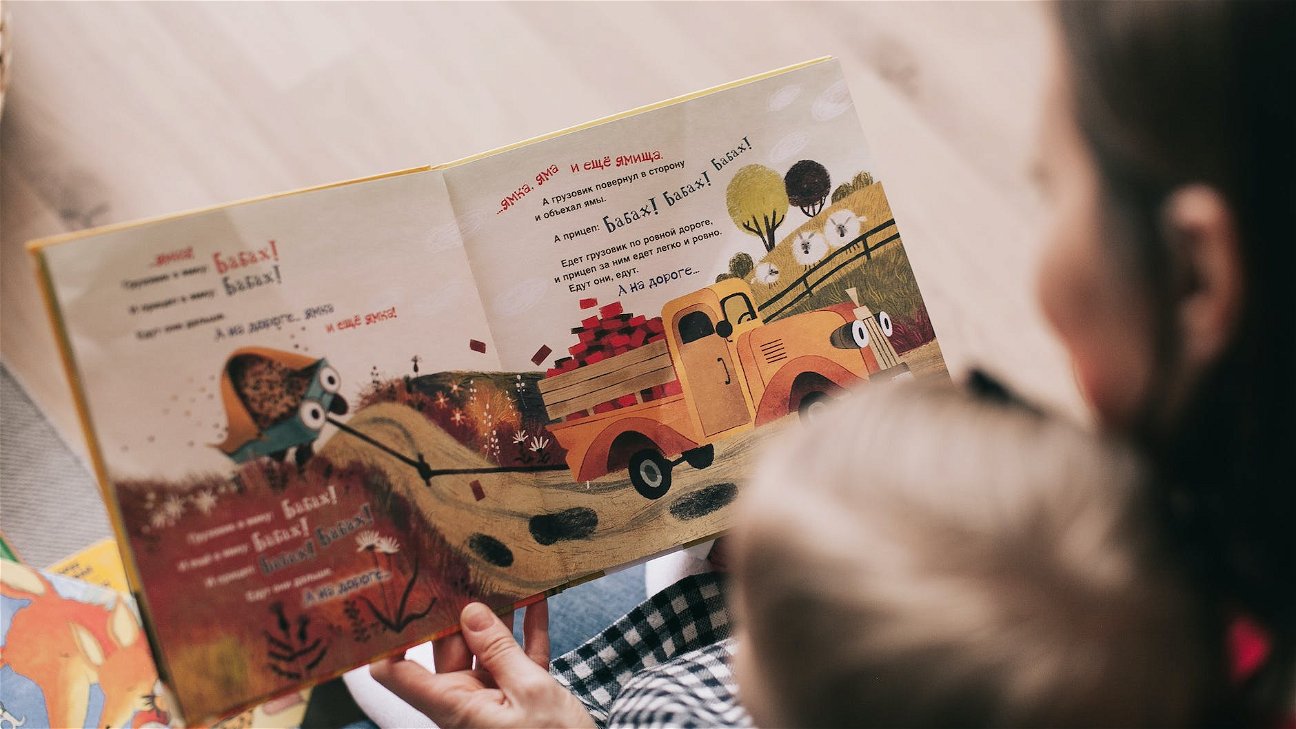
We often marvel at the universal language of music. From lullabies that soothe a newborn to the infectious rhythm that gets a toddler moving, music is a powerful tool in child development. But how precisely does it affect a child's growth? And how can parents utilize music for their child's benefit? This article explores the significant impacts of music on various aspects of child development, and provides insights that parents should know.
The role of music in child development
Music is not just an entertaining pastime. It plays a crucial role in brain development, especially during a child's early years. Neurological research shows that exposure to music can improve a child's ability to learn, enhance memory, and foster creativity.
Cognitive development
Music activities, such as singing or playing an instrument, can enhance a child's cognitive development. These activities stimulate the brain's centers responsible for processing sound, language, and speech, thereby promoting better communication skills. Furthermore, music can improve a child's spatial-temporal skills, which are crucial in learning math and science.
Emotional development
Music provides a means for children to express their emotions and feelings. It can act as an emotional outlet, helping children cope with stress and anxiety. Additionally, soothing music can promote relaxation and improve sleep quality.
Social development
Engaging in music activities promotes social interaction. Group music activities, like a children's choir or band, foster teamwork and cooperation. They also encourage children to develop empathy by understanding and appreciating others' contributions.
Language development
Songs with lyrics can boost a child's vocabulary and comprehension skills. The rhythmic patterns in music can also enhance phonological awareness, a crucial skill in reading and language development.
How parents can utilize music
Parents play a significant role in introducing music into their child's life. Here are some ways to harness the power of music for child development.
- Expose your child to diverse types of music: This can enhance their cultural understanding and appreciation.
- Encourage participation in music activities: Whether it's singing, dancing, or playing an instrument, allow your child to engage in various music activities.
- Use music as a learning tool: Incorporate music into everyday learning activities to make them more engaging and fun.
- Create a musical environment: Make music a part of your home environment. This could be through playing music, singing together, or even making homemade musical instruments.
Music therapy for children
In some cases, parents may consider music therapy for children who need extra support. Certified music therapists can use music to address physical, emotional, cognitive, and social needs of children.
Whether it's through listening, creating, or moving to music, the impact of music on child development is profound. As parents, understanding this impact can help us make informed decisions about incorporating music into our children's lives, ultimately promoting their overall development and wellbeing.











